Department of Employment Services: Transitional Employment Program

Transitional Employment Program
A "Way-To-Work" Initiative
A "Way-To-Work" Initiative
THE FACTS
The Transitional Employment Program (TEP) provides valuable opportunities for District of Columbia residents who reside in areas with high unemployment and/or poverty levels that the District has identified as "hot spot areas." The program provides supportive services, basic education, job coaching, employability, life skills and limited vocational training, as well as job search assistance. TEP is based on a program model historically used by the Department of Employment Services to successfully move adults with multiple employment barriers into the workforce. TEP seeks to aid in alleviating widespread joblessness among the District’s hard-to-serve population. The goal is to help these residents gain a foothold in the labor market with jobs in the public and private sector. TEP’s combination of training, work experience, case management, and supportive services will produce positive results for job seeking District residents and the employers who hire program completers.
Eligibility Criteria:
Must be age 21 and older;
Reside in one of the District’s 14 designated Hot Spot Areas as shown below;
Not receiving Temporary Assistance for Needy Families (TANF); Social Security Benefits; or unemployment compensation
Currently Unemployed
Transitional Employment Program’s Eight Structured Components
Participant Referral and Enrollment –The Department of Parks and Recreation, Roving Leaders Division, Department of Housing Authority, Office of Resident Services and Dc Re-entry Initiative, recruit and recommend participants to TEP.
Program Orientation – Participants are introduced to TEP’s requirements and expectations and gain more insight on how the program works.
Intake, Assessment and Case Management – Participants’ life and work skills are assessed and then assigned to a case manager.
Supportive Services - Case Managers evaluate participants’ needs and recommend necessary support services such as substance abuse treatment, transportation assistance, physical or mental health treatment, child care, business clothing, housing, and nutrition.
Job Readiness/Life Skills Training - Participants attend a three-week Job Readiness/Life Skills workshop that focuses on successful entry into the workforce.
Employability Activities - Participants gain important employability skills through subsidized and unsubsidized employment, educational programs (including Adult Basic Education, GED preparation, vocational skills training, and on-the-job pre-apprenticeship training).
Job Club - Participants who are ready to work are offered through additional coaching and intensive job search.
Job Retention and Follow-Up – Once employed, members of our Job Retention staff will continue to work with the new employee to ensure that they have all of the support needed in order to successfully stay on the job. Participants are followed up for approximately for (6) months.
Transitional Employment Program
625 H Street, N.E., First Floor
Washington, D. C. 20002
The District’s 14 Designated Hot-Spots and Surrounding Areas:
Georgia Avenue and Longfellow Street, N.W.
West Virginia Avenue, N.E.
Clay Terrace, N.E.
Columbia Road, N.W.
Rhode Island Avenue, N.E.
50th Street, N.E.
14th and Clifton Streets, N.W.
17th and M Streets, N.E.
Elvans Road, N.E.
Shepherd Street and Georgia Avenue, N.W.
Sursum Corda, N.W.
Woodland Terrace
(Ainger Place) S.E.
Kennedy Street and Georgia Avenue, N.W.
Orleans Place, N.E.
Yuma Street, S.E.
Kennedy Street, N.W.
Benning Road, N.E.
North Capitol Street, N.W.
1st and M Streets, N.E.
